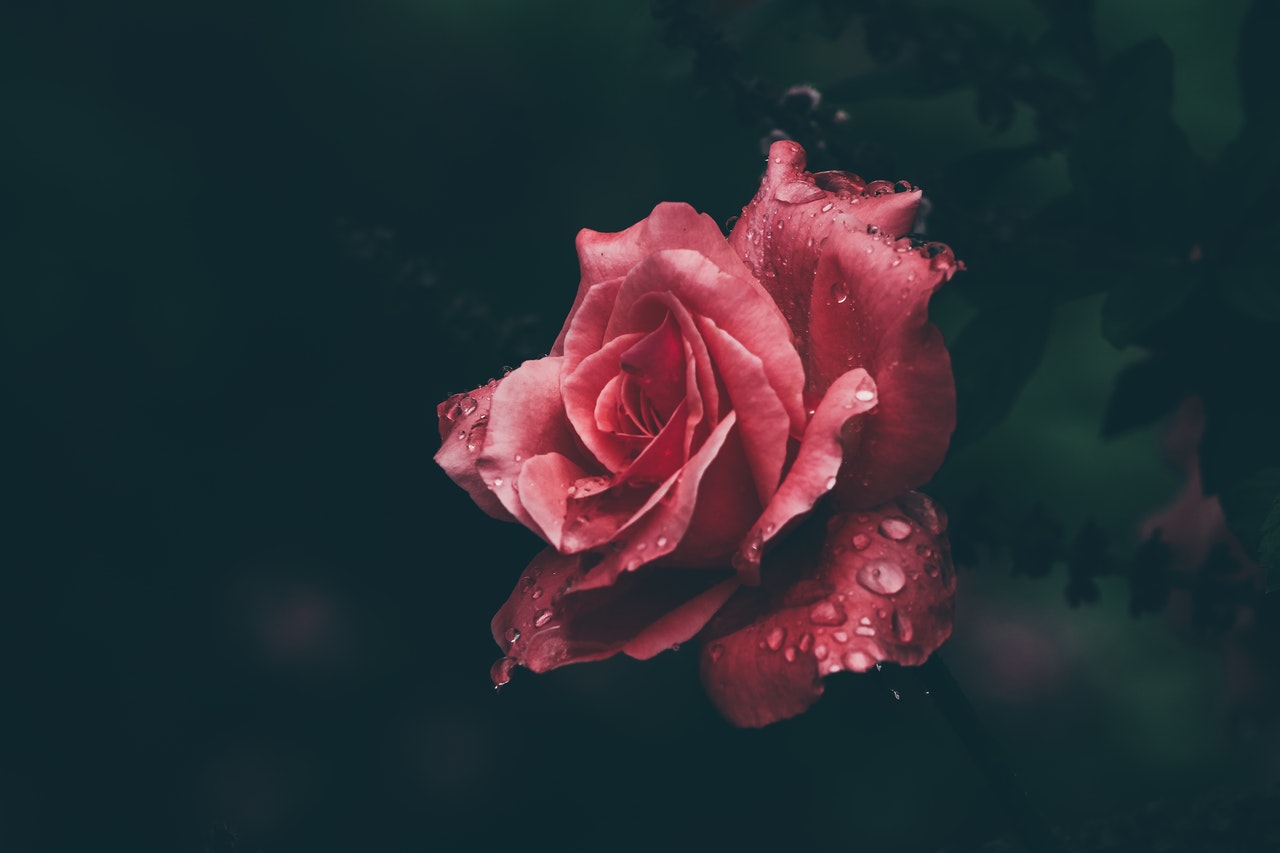New Zealand is more than just about baaing sheep and wide open spaces. It has a thriving theater scene as well. As part of the New Zealand Festival, Singapore Repertory Theatre and the Indian Ink Theatre Company shine the spotlight on two plays which have broken box-office records in New Zealand and the UK—The Candlestickmaker and Krishnan’s Dairy. We chat with Jacob Rajun, the playwright and the star of the two shows.
You are a writer as well as a performer. How did you get started in both areas?
I was in Teacher’s College when I first got into drama and theater. I later went to the National Drama School in New Zealand, and thought theater was something I really wanted to do. As an Indian actor in New Zealand, there wasn’t a lot of work. Thus, I decided to create my own work, and that’s where the writing comes in.
What inspired you to pen Krishnan’s Dairy?
In my final year in the National Drama School, I had to come up with a piece of theater. I researched on a number of corner shops and was inspired by this story about the Taj Mahal that my aunt told me. That’s how Krishnan’s Dairy came to be.
How about The Candlestickmaker?
The Candlestickmaker reflects my own experience as a young 16-year-old returning to India. I was staying with my grandma while I was there and was reading a book about astrophysics. This play is a tribute to Sudramanyan Chandrasekhar, an Indian astrophysicist who won a Nobel Prize in 1995.
Are there any underlying messages that you are trying to convey?
Both plays are talking about what it is in life that gives us happiness. The stories speak of love, happiness, fear and immortality.
You are the main character in both Krishnan’s Dairy and The Candlestickmaker. How do you remember all the different dialogues and movements?
Both plays involve mask play. The masks aid me. When I put the mask on, I undergo a degree of transformation subconsciously. I slip into the voice of a different person. When I change the mask, I switch to another character. There’s nothing spooky about it, really.
Both plays have been hailed as two of the most significant works in New Zealand theater of late. How do you feel about that?
I feel great. I guess they represent a new voice. The Indian voice in the New Zealand theater is very new, so the plays sort of carved a path in the scene.
Tell us more about the theater scene in New Zealand. How different is it from other countries?
Unlike in Europe and the UK, we don’t have centuries of tradition over here. When you have a large heritage of theater, there is a sense of rigidity and a right way of doing things. We don’t, and that’s refreshing. A lot of times, we are just making things up.
Lastly, any goals for your career?
We’re working on another play which will be performed next year. It’s a play about fear. Fear is something we want to address because with things like terrorism and bird flu, today’s society seems like a fearful one. This play will be a comedy, for we want our audiences to leave the theater with bellies full of laughter.





